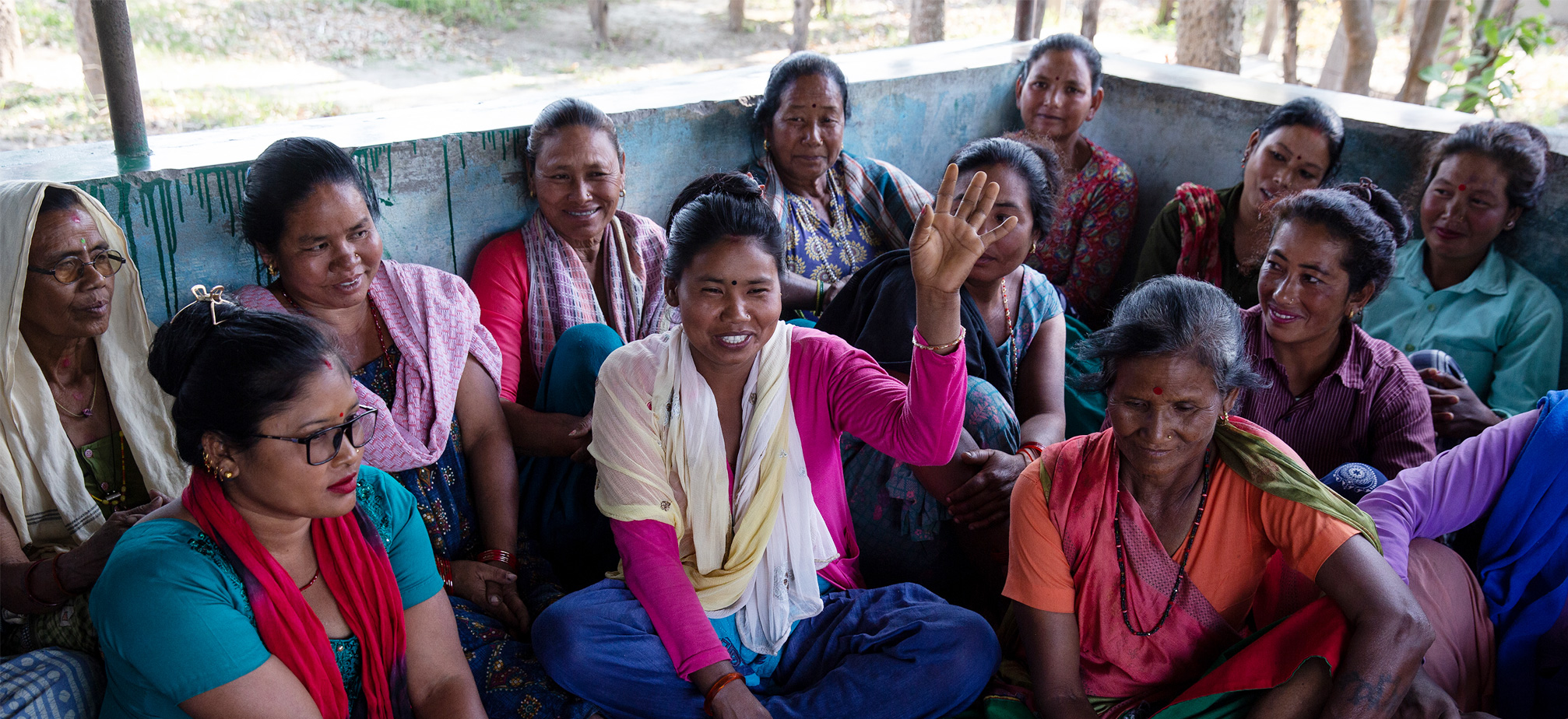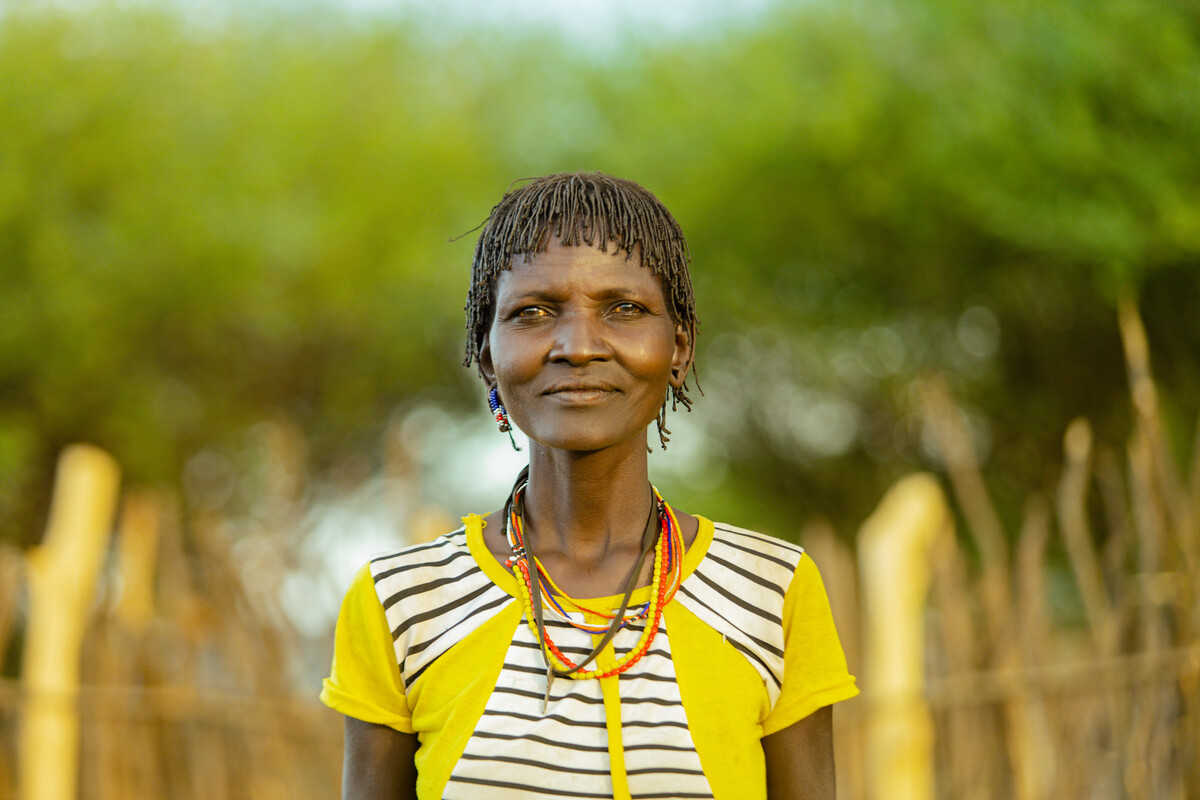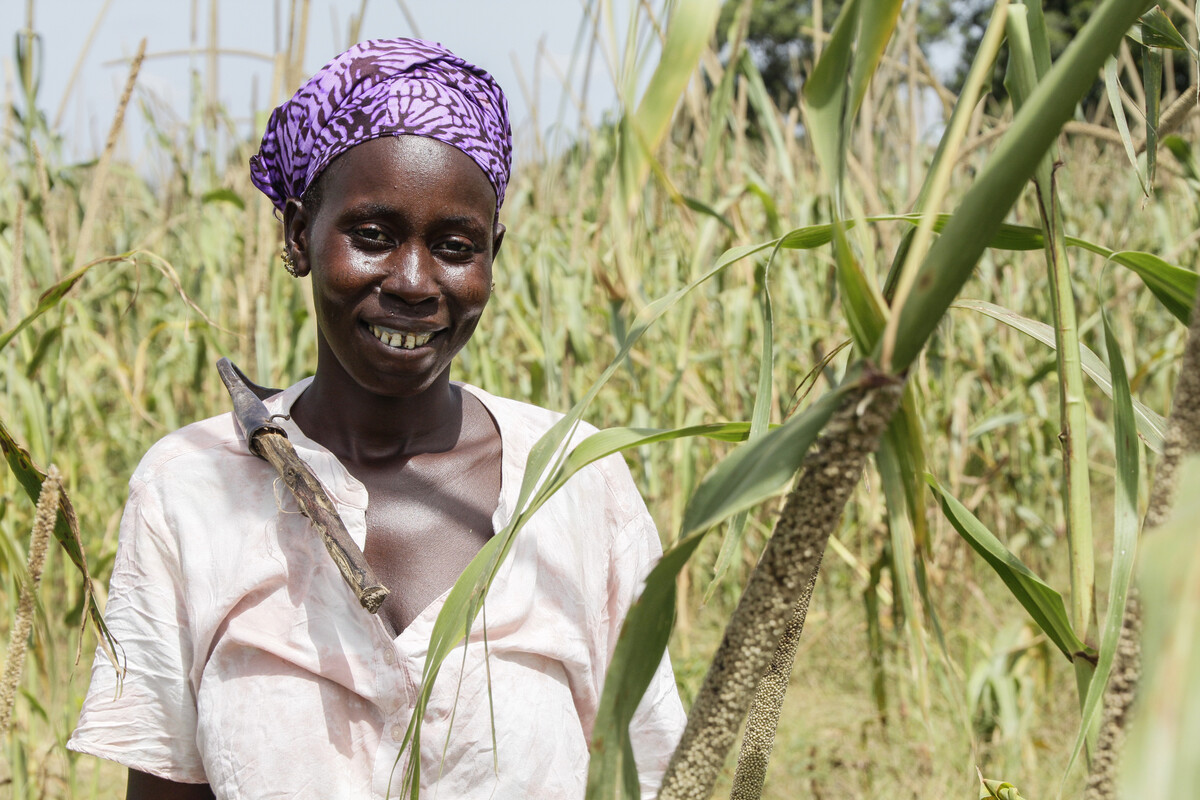Nepal

In Nepal, women represent around 70% of the agricultural workforce, playing a crucial role in food production and family nutrition security. However, despite their central role, women face significant challenges in accessing markets, protecting themselves from gender-based violence, and exercising their economic and social rights.
Nepali women face multiple barriers to full market participation:
- Gender-based violence and harassment: many women experience sexual abuse and exploitation by buyers, sellers, or fellow farmers.
- Lack of proper infrastructure: markets often lack separate toilets, safe play areas for children, or protected spaces for women.
- Limited access to resources and training: women struggle to access land, credit, training, and modern agricultural technologies.
- Discrimination in decision-making processes: despite being the majority in agricultural production, women are underrepresented in leadership and governance roles in cooperatives and markets.
Since 2021, we have been active in Khasa Bazzar and Dhangadhi Mae Hat Bazzar in the Kathmandu Valley, with the aim to:
- Provide career guidance for local women producers, helping them enhance their technical and entrepreneurial skills.
- Collaborate with local market stakeholders to promote a more inclusive and women-friendly environment.
- Build gender-segregated toilets and safe spaces for children, improving working and living conditions.
- Increase women’s participation in market management committees, strengthening their voice and influence in collective decision-making.
Results achieved
- Over 1,000 people have directly benefited from the market development activities.
- Women involved have increased their incomes through direct product sales, reducing dependency on intermediaries.
- Local communities have seen improved social cohesion and gender equality, with growing recognition of women’s roles in the local economy.
To amplify the impact of our actions, we are committed to:
- Expanding access to financial services and technical training for women.
- Building permanent market infrastructure, such as shelters and protected spaces, to ensure safe and dignified work environments.
- Promoting public policies that support women’s economic inclusion and combat gender-based violence.

